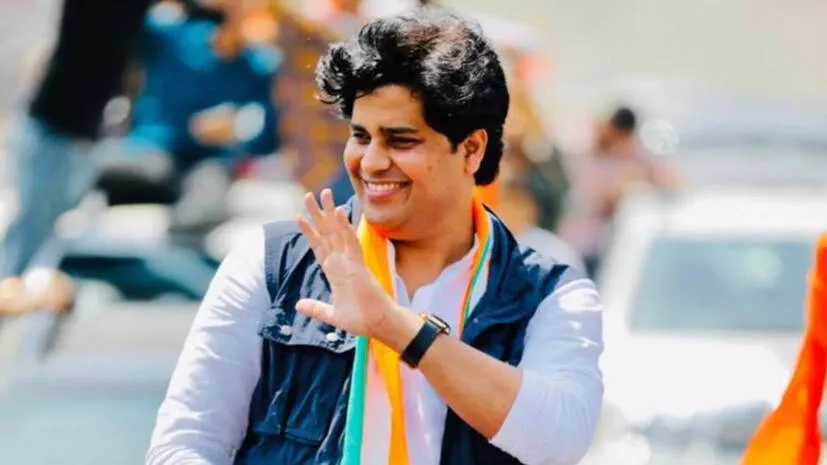

One of the greatest aspects of democracy is the freedom to criticize. In our neighboring country, China, those who express criticism may have to spend a lifetime in prison. The foundation of India's claim to becoming a major global power lies in its freedom to criticize. However, freedom of expression should not be misused as a license to depict others in a vulgar manner. Similarly, religious freedom does not mean having the right to insult other religions. The framers of the Indian Constitution intended religious freedom to mean the right to propagate one's religion without causing inconvenience to others. Our society consists of individuals with diverse tastes and beliefs. What one person finds appealing may not be acceptable to another. However, branding those who do not follow one’s beliefs as immoral is nothing but ignorance.
Both our rulers and citizens are aware of these principles. Yet, in certain situations, criticism crosses limits, leading to controversies and unrest and eventually dies down. Such occurrences usually become an asset for the existence of a healthy democracy. Not everyone chooses the same means to express criticism—some may protest through poetry, others through theatre. If the police start deciding that people cannot raise criticism through such means, citizens will be left with no freedom to express themselves. Therefore, police intervention and filing cases over freedom of expression is not a reassuring sign in our democratic system. The Supreme Court's observations on freedom of expression, while quashing the case registered by the Gujarat Police against Congress Rajya Sabha MP Imran Pratapgarhi for posting a poem on his X account, are highly significant.
The court stated that poetry, theatre, cinema, stage shows, and satire add meaning to human life. Individuals and groups must have the freedom to express their thoughts and opinions as it is an integral part of a progressive and civilized society. If the police and the executive fail, courts must intervene to protect fundamental rights, as no other institution can fulfill this role, said a bench comprising Justices Abhay S. Oka and Ujjal Bhuyan. India has completed 75 years as a republic. The Supreme Court pointed out that a poem recital or a stand-up comedy act is not enough to cause communal disharmony or threaten the strong foundation of the country.
Recently, violent incidents occurred in Maharashtra after a stand-up comedian performed a song that allegedly mocked Shiv Sena leader Shinde. This highlights the growing intolerance in both politics and religion. Narendra Modi is one of the most heavily criticized leaders in India, yet he continues to govern the country as its Prime Minister. Similarly, Pinarayi Vijayan has faced relentless criticism but remains the Chief Minister of Kerala. They continue to hold their positions because the majority of people support them despite the criticism. For every person who criticizes, two others will step forward in support—this is how democracy functions. Therefore, it is best if the police refrain from filing weak complaints based on poetry or plays. Law enforcement officers must learn to respect the ideals of the Constitution.